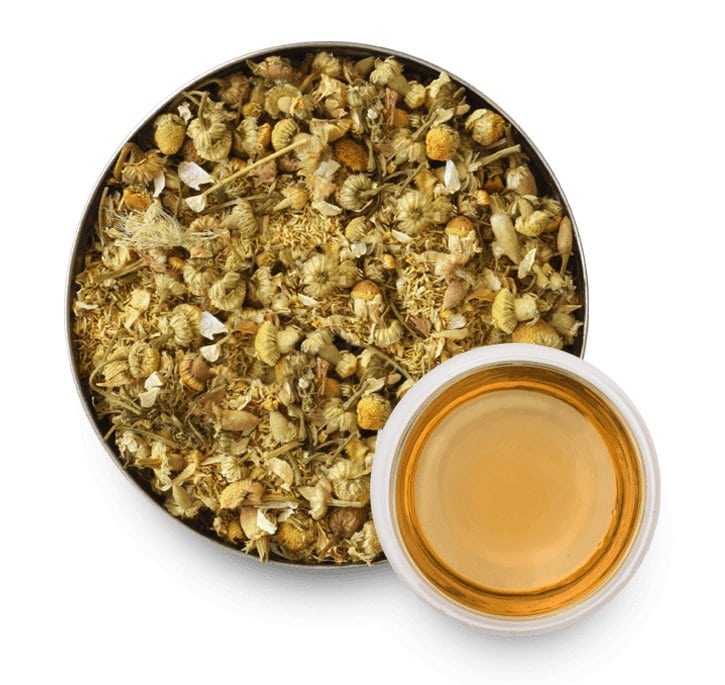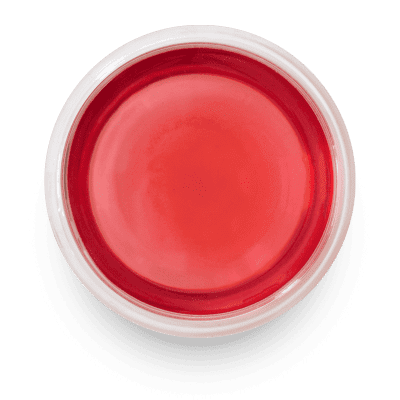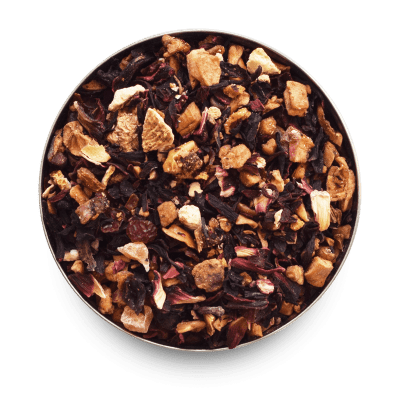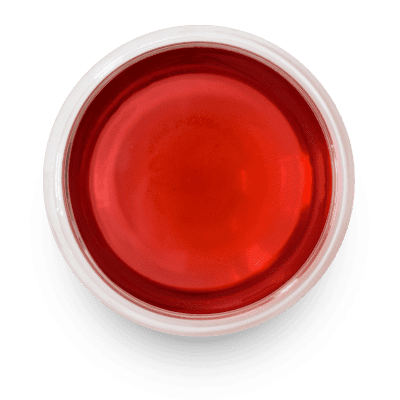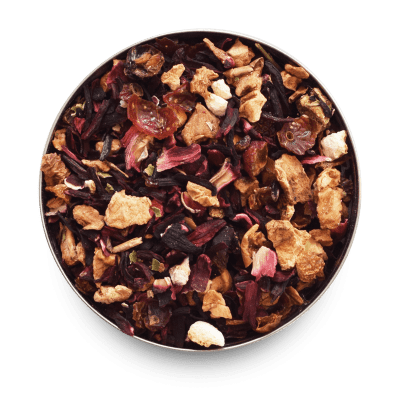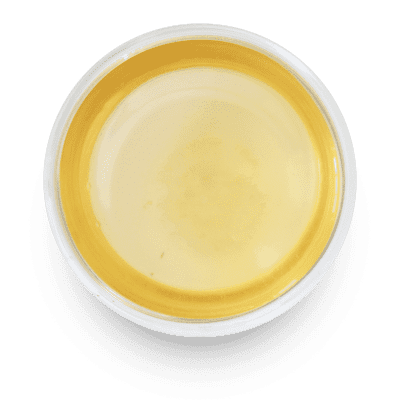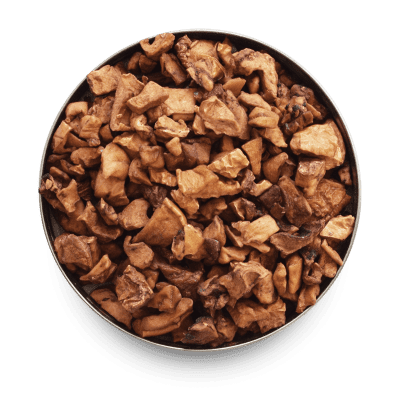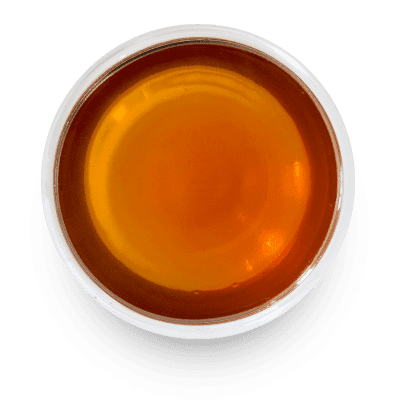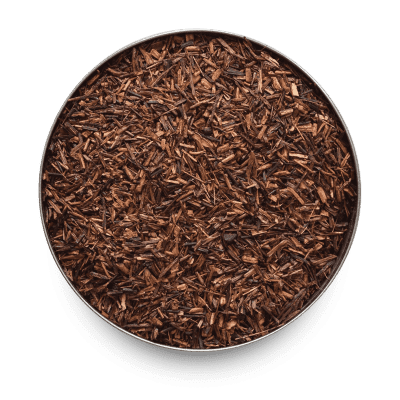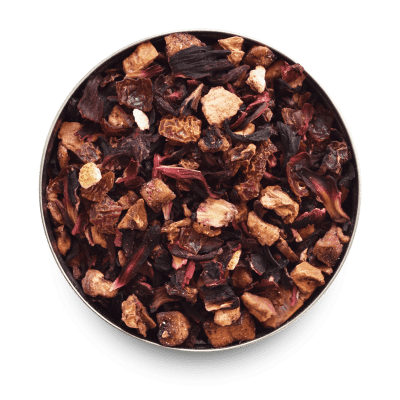Rich in Antioxidants
The body is faced with many challenges both externally and internally throughout daily life, many of which can cause damage to varying degrees.
One of these damaging factors is free radicals, which are formed in your body daily.
There are an array of different factors that can promote excessive free radicals including:
- Air pollution.
- UV rays.
- Alcohol.
- Cigarettes.
- Toxins.
- And much more.
Antioxidants help combat free radicals in the body, reducing oxidative stress and potentially lowering the risk of chronic diseases.
Many herbal teas contain antioxidants, such as polyphenols, flavonoids, and catechins. There are a number of studies that cover the impact free radicals and antioxidants have on human health.
May Help the Digestive System
Issues such as digestion and gastrointestinal problems can wreak havoc on people’s day-to-day lives.
Thankfully there is a wide range of medicines available out there to help, but there may also be another way which could help.
Herbal tea could prove to be beneficial to your digestive system.
A study in 2019 investigated the effect ginger had on gastrointestinal disorders.
There was another study that suggested peppermint may be beneficial to those who suffer with IBS (irritable bowel syndrome).
A condition that is estimated to affect around 13 million people in the UK alone.
May Support Blood Pressure
Blood pressure plays a crucial role in our overall well-being and health which is why it’s important to look after it.
If the pressure is too high or too low then this can be a problem.
High blood pressure, or hypertension, can lead to a range of serious health issues, including heart disease, stroke, kidney damage, and even vision problems.
Low blood pressure can result in dizziness, fainting, and inadequate blood flow to vital organs. Some herbal teas may be able to support keeping your blood pressure at a healthy level.
A study conducted in 2019 showed the effects hibiscus had on patients who suffered with hyperextension. The results showed that the hibiscus helped reduce their blood pressure significantly.
While teas like our basket of berries flavour contain hibiscus, they aren’t a magic solution to combat blood pressure.
A healthy lifestyle including a balanced diet and exercise will play a much bigger role in doing so.
May Support Respiratory Health
The respiratory system is responsible for exchanging oxygen and carbon dioxide in your body. Essentially your lungs are the main organs that play a role in the respiratory system.
There are herbal teas that could contribute in a positive manner to your respiratory system. If you suffer from respiratory disease also then herbal tea could potentially assist you with its amazing benefits.
A study in 2015 showed how peppermint helped in the treatment of respiratory tract diseases. Its anti-inflammatory and antimicrobial potency helped alleviate symptoms.
Also, herbal teas with ingredients like eucalyptus, thyme, and liquorice root can soothe sore throats, clear congestion, and provide relief from other mineo respiratory issues.
This particular study proves this point as the investigation showed herbal tea to help reduce the pain of acute pharyngitis, which is the medical term for a sore throat.
May Improve Brain Function
Your brain is one of your body’s most crucial organs, so keeping it healthy is paramount.
Due to factors such as highly processed diets and overstimulating technology, our brains are potentially under threat.
Introducing some herbal tea into your daily routine may be a way you can help support your brain function.
Various studies have shown the effects certain herbs have on our cognitive function.
A great example can be seen from this study carried out in 2011. It showed the effects sage had on 36 healthy adults, which led to improvements in memory and attention tasks.
Herbs are even being used in the study of cognitive diseases such as Alzheimer’s disease.
A recent study came to the conclusion that medicinal plants have great potential in the treatment and prevention of cognitive decline associated with Alzheimer’s disease.
May Support the Immune System
The body experiences threats from foreign bodies on a daily basis.
If you have a weak immune system you’ll feel the effects of these pathogens more so than those with stronger immune systems.
Drinking herbal tea may be linked to helping support your immune system. This is all thanks to herbal teas’ antioxidant and anti-inflammatory properties.
One particular study found very strong evidence that certain herbs and spices may strengthen the body’s immune system against diseases including highly contagious viruses.

